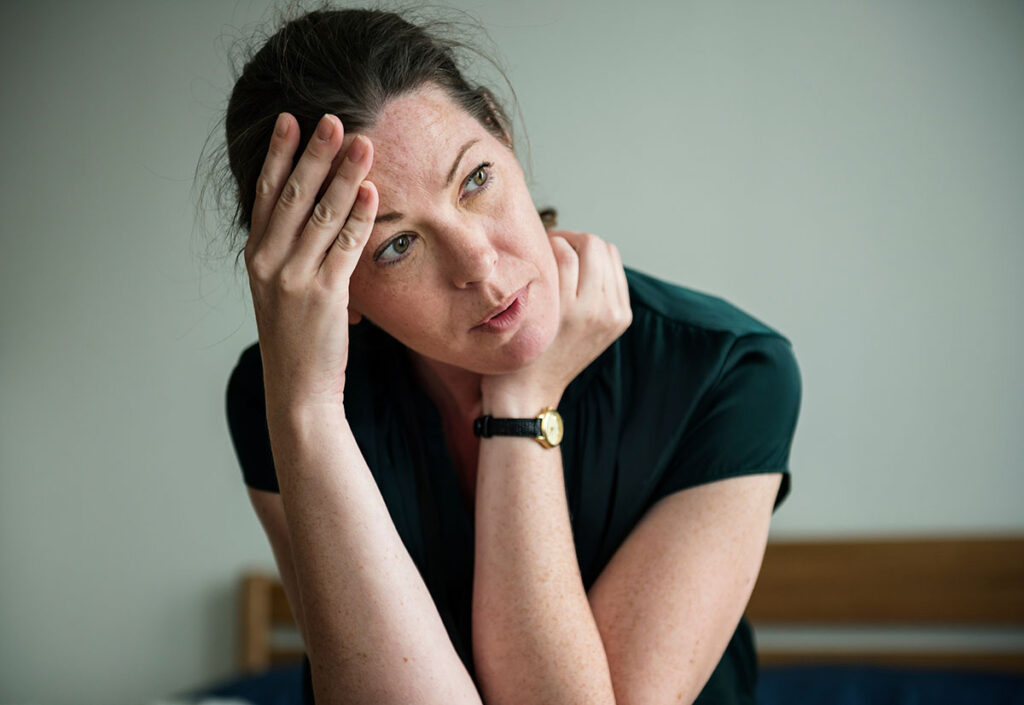You might have heard the terms “heroin” and “opioids” being used interchangeably, but did you know that there’s a vital difference between them? The opioid epidemic has been a growing problem in the United States for years, and the lack of understanding of the difference between opioids and heroin contributes to it. Let’s discuss whether heroin is an opioid, the signs of heroin abuse, what heroin treatment entails, the benefits of heroin addiction treatment, and how Roaring Brook Recovery Center can help you. For more about heroin addiction treatment in Lexington, call us today at 855.590.9944.
Is Heroin an Opioid?
Yes, heroin is an opioid, just like morphine, codeine, and oxycodone. Opioids are a class of drugs that are prescribed to relieve pain, but they can also be used illicitly to produce feelings of euphoria.
Heroin is classified as an opioid because it has similar chemical properties to those of prescription opioids, such as oxycodone and hydrocodone. All opioids bind to the same receptors in the body and produce similar effects, although some opioids are more potent than others.
Signs of Heroin Abuse
Heroin abuse can have severe consequences, including addiction, overdose, and death. Some of the signs of heroin abuse include:
- Dilated pupils
- Constricted pupils
- Slowed breathing
- Slurred speech
- Disorientation
- Flushing of the skin
Other signs of heroin abuse include track marks on the arms, legs, or other parts of the body, sudden weight loss, and a general lack of motivation or interest in daily activities. If you or someone you know is showing signs of heroin abuse, it’s essential to seek professional help.
What Is Heroin Treatment?
Heroin treatment typically involves a combination of medication-assisted treatment (MAT) and behavioral therapy. MAT includes the use of medication such as methadone, buprenorphine, and naltrexone, which can help reduce cravings and ease withdrawal symptoms.
Behavioral therapy, such as cognitive-behavioral therapy (CBT) and dialectical behavior therapy (DBT), can help individuals learn how to cope with triggers and develop positive coping strategies. Other therapies, such as family therapy and group therapy, may also be beneficial in the treatment of heroin addiction.
5 Benefits of Heroin Addiction Treatment
1. Improved Physical Health
Heroin addiction can have severe physical consequences, including liver and kidney damage, respiratory problems, and increased risk of infection. Heroin addiction treatment can help individuals improve their physical health by providing medical care and support to address any health issues caused by heroin use.
2. Better Mental Health
Heroin addiction can also have significant mental health consequences, including depression, anxiety, and PTSD. Heroin addiction treatment can help individuals address these mental health issues and develop healthy coping strategies to manage their symptoms.
3. Reduced Risk of Overdose
Heroin addiction treatment can also reduce the risk of overdose, which can be fatal. Medication-assisted treatment can help reduce cravings and ease withdrawal symptoms, reducing the likelihood of relapse and overdose.
4. Increased Sobriety
Heroin addiction treatment can help individuals achieve and maintain sobriety, which can improve their relationships, their ability to maintain employment, and their overall quality of life.
5. Community Support
Heroin addiction treatment can also provide individuals with a sense of community and support. Group therapy and support groups can help individuals connect with others who are going through similar experiences, reducing feelings of isolation and providing a supportive environment for recovery.
Get the Help You Need From Roaring Brook Recovery Center
If you or someone you know is struggling with heroin addiction, help is available. Roaring Brook Recovery Center offers comprehensive, evidence-based treatment for heroin addiction. Our treatment programs are tailored to the needs of the individual, and we provide a full continuum of care, including inpatient and outpatient programs, medication-assisted treatment, and behavioral therapy. We’re dedicated to helping individuals achieve long-term recovery and a better quality of life.
If you or someone you know is struggling with heroin addiction, seeking professional help is essential. Remember, recovery is possible, and there is no shame in asking for help. Roaring Brook Recovery Center is here to support you on your journey to recovery. Call us today at 855.590.9944 or use our online contact form.


